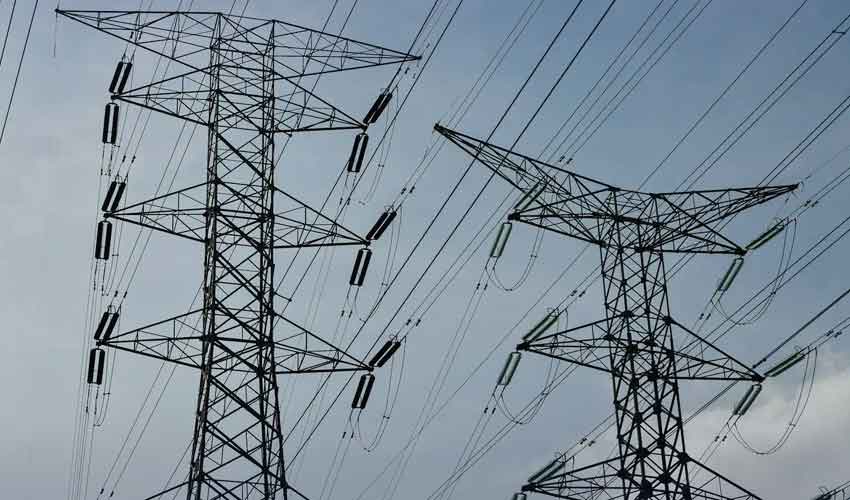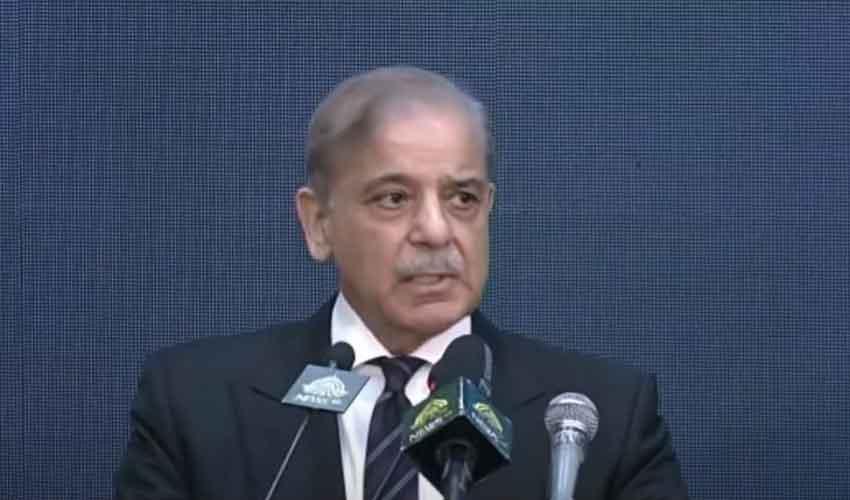Power Minister Awais Leghari said on Thursday that the incumbent government lacked the resources to provide relief to the masses.
Expressing his thoughts on Samaa TV’s programme "Nadeem Malik Live", Leghari said: "We have started the reforms under the leadership of Prime Minister Shehbaz Sharif. It is mandatory to move forward with the responsibility."
Leghari said that the government had initiated reviews of agreements with Independent Power Producers (IPPs). "It is due to the review of the IPPs agreement that the power price reduced," he added.
The minister went on to say that negotiations were still ongoing with Chinese plants, including 68 plants, and that discussions on debt re-profiling with Chinese stakeholders were also in progress.
He mentioned that talks with wind, solar, and government-owned plants were taking place, with hopes to pass on any resulting benefits to the public once revisions of these agreements were completed.
Leghari stressed that the government was carrying out its duties responsibly, stating: "We must move forward with responsibility. It is our duty to bear the burden where we can and to fix our own house. We do not have the financial resources to provide relief."
He added that, under Prime Minister Shehbaz Sharif’s leadership, reforms had been started over the past year.
The minister said: "The review of agreements with IPPs had already led to a significant reduction in electricity prices, with costs falling by Rs7.41 per unit."
He said that while revising contracts was relatively easy, the key issue was building trust.
“The real question is whether the process of lowering electricity prices will continue. Our reform efforts have instilled confidence in international partners, and we managed to convince the IMF through reforms in the power division," Leghari maintained.
Leghari also revealed that the government was nearing an agreement with banks, which had resulted in saving hundreds of billions of rupees through the reduction of late payment charges from IPPs.
He added that the government had alleviated the burden of high electricity prices on the public, explaining that the government had previously purchased expensive electricity from IPPs, a cost that was passed on to consumers.



























